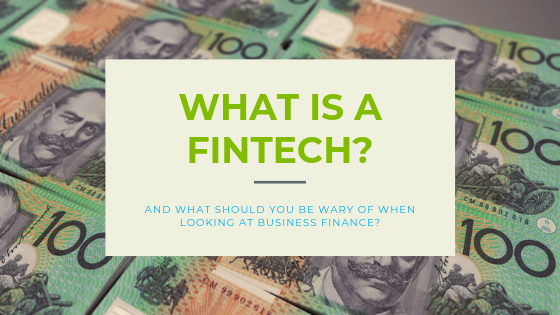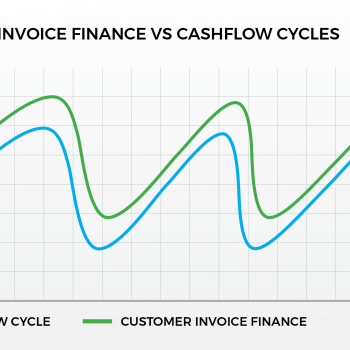
What is a Fintech and what should you be wary of when looking for business finance?
- Posted by Duografik
- On May 8, 2019
- 0 Comments
- business finance, cashflow, debtor finance, fintech, Small business, suppliers
Have you noticed the term Fintech has slid itself into everyday use, but you still aren’t quite sure what it means?
According to a report by EY, Fintech adoption has now hit 37% of the digitally active population in Australia, which pails in comparison to China, where adoption is now 69%.
So with adoption rates increasing and new start-ups popping up every day – what is a fintech?
At its simplest, the term “fintech” is an amalgamation of the words “financial” and “technology”. However, when diving into the term’s actual meaning, it can get a bit more complicated.
According to Fintech Weekly, a fintech is “A business that aims at providing financial services by making use of software and modern technology.” Of course, this can encompass a whole range of different styles of businesses. In fact, Bloomberg refers to at least six different types of fintechs. Blockchain technologies, including bitcoin, are encompassed by this term, as well crowdfunding, insurance, mobile payments and peer to peer lending. They also refer to “robo-advisors” that use algorithms to give financial advice.
Almost all fintechs use algorithms to make financial decisions. For example, there are many “payday” lenders that allow you to input a few details into a website, and they will tell you exactly how much money you can borrow.
There are now many fintechs that are operating in the business loan sector, promising quick approval and fast cash. As with any time there is a promise of fast cash, there are risks involved with using these fintechs.
Unlike banks, who have recently been heavily scrutinised in the Royal Commission, the regulation of fintechs in Australia is still relatively unclear. As a result of this, they can often have high fees and charge higher interest rates.
Fintechs are often start-ups backed by large amounts of venture capital. In fact, there are many “fintech incubators” around the globe that are funded by big banks. The banks see these fintechs as opportunities to one day buy-out and incorporate into their own offering. Unfortunately, this means that many fintech customers end up dealing with big banks – which is something they were trying to avoid in the first place.
What should you watch out for when looking for business finance?
- Know who you are dealing with – how long have they been in business, have they yet to turn a profit, how experienced are their staff and do they have financial backers that will enable them to continue offering a service for years to come?
- Be careful what you hand over – data hungry fintech businesses often require you to connect your accounting software and bank accounts to their systems. Ask why is this information necessary, who do they share your data with and are they open and transparent about their policies and processes around security and privacy?
- Avoid paying for other business failures – in banking standards small business is considered one of the highest risk categories. A common fintech business model, similar to how insurance works, seeks to accumulate as many customers as possible and then include in the price you pay a cost for other customers they know and expect will default on their loan.
AddCash Finance was founded in 2003 and has provided finance to small businesses Australia wide successfully for many years. Our experienced team combine tested and proven technologies with appropriate lending standards and work to know and understand each and every client’s business so we can deliver a high level of service that small business deserves and need.
If your business needs help improving its cashflow, contact a representative in the AddCash Finance offices today.





